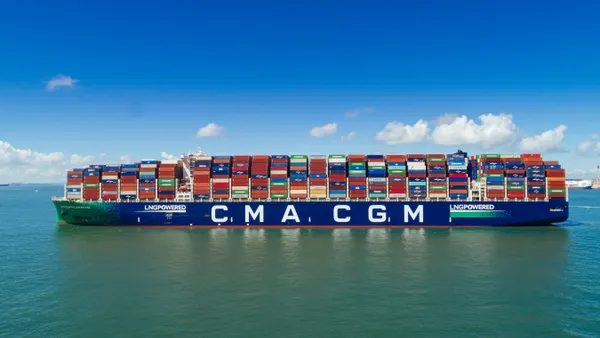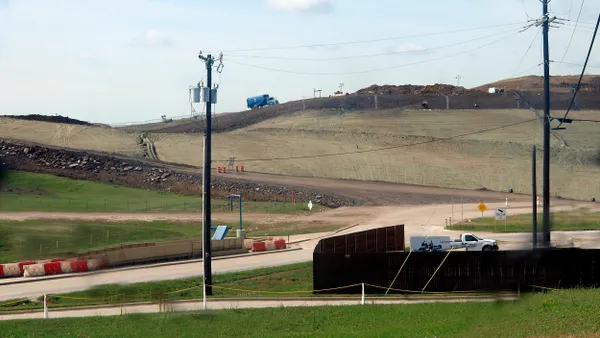Dive Brief:
- In late February, the Oregon State Supreme Court ruled against a 29-acre expansion of Waste Management's Riverbend Landfill in Yamhill County and ordered that the decision be returned to local authorities. The ruling said Waste Management's offer to compensate neighboring farmers "does not adequately address" potential loss in agricultural production.
- Local advocacy groups such as the Stop the Dump Coalition and Friends of Yamhill County are hailing the decision as a victory, as reported by The Newberg Graphic. A Friends of Yamhill County board member told the Graphic he thought the decision "should be the end of the road" for the proposed expansion.
- Regardless of what happens next, large municipal customers, including Portland's Metro regional government and the city of McMinnville, will stop sending waste to Riverbend by 2020. Spokesperson Jackie Lang told Waste Dive the company is "reviewing" the decision in order to "understand the court’s decision and determine next steps."
Dive Insight:
Activists have maintained that this case concerns not the particulars of Riverbend Landfill, but land-use law in Oregon. The land that Waste Management has been eyeing for expansion is zoned for farming. While the company attempted to argue that monetary compensation to farmers for lost production and windblown litter cleaning in the area would fulfill requirements under state law, the court disagreed. It is yet unclear if that will be seen as applicable or precedent-setting in other Oregon land-use cases.
Waste Management has been trying to expand the Riverbend site since 2008, initially proposing a much larger project that has since been scaled down. Opposition to the site has led to state agency attention and ongoing legal challenges. While the Oregon Court of Appeals ruled in 2017 that the project could proceed if farmers were compensated, this new ruling reverses part of that decision, meaning consideration will now go back to Oregon's Land Use Board of Appeals.
Previously confident that expansion plans would be successful, Waste Management now faces an uncertain path forward in the process. The site is expected to reach capacity imminently — according to the latest data provided to EPA's Landfill Methane Outreach Program, it has already used at least 84.7 of 88 designed acres. A changing or potentially declining inbound stream might extend that in the short term — but not for long.
While Riverbend's status remains up in the air, Waste Management recognizes it "cannot guarantee approval for all future expansions" in annual financial filings, estimating the company's average North American landfill to be "approximately 43 years when considering remaining permitted airspace, expansion airspace and projected annual disposal volume."









